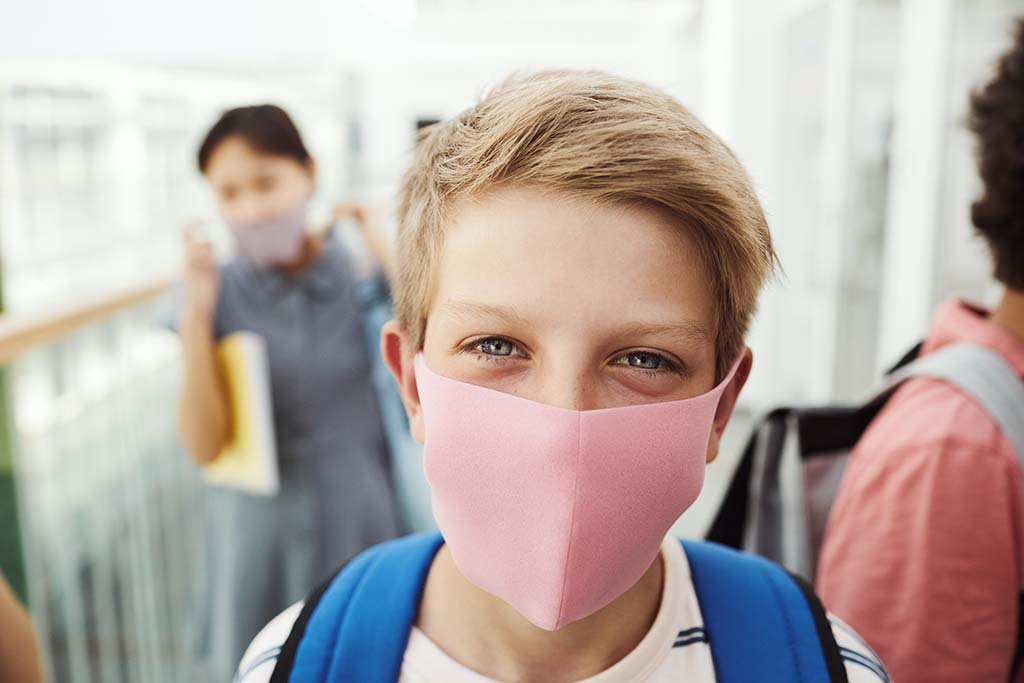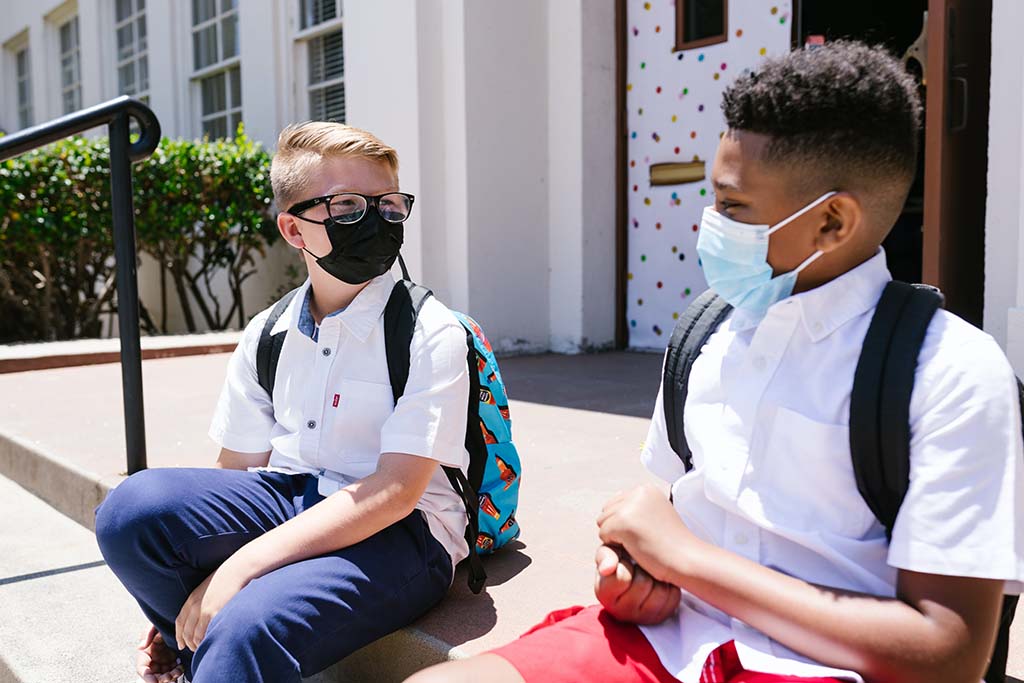In recent months, as the coronavirus pandemic has spread across the globe, there have been numerous reports of outbreaks in schools, childcare centers and other places where children gather. It’s natural for parents to be concerned – but is it true that kids almost never get coronavirus? In this article, we’ll explore the facts around how COVID-19 affects children and what you can do to protect your family from infection.
How Common Is Coronavirus Among Kids?
COVID-19 infection in children is much less common than it is in adults. According to the Centers for Disease Control and Prevention (CDC), only about 11% of all confirmed cases of COVID-19 are among children ages 0-17. Moreover, the majority of pediatric cases have been mild, with no need for hospitalization or oxygen support. In some cases, however, serious illness has occurred; as of October 2020, more than 1,100 children had been hospitalized due to complications from COVID-19.
What Are the Symptoms of Coronavirus in Children?
The symptoms of COVID-19 in children are similar to those seen in adults – fever, cough and fatigue being the most common. Other signs may include runny nose, sore throat and diarrhea. It’s important to note that many kids who display these symptoms may not actually have coronavirus; other illnesses like the flu or a cold can present similarly at first glance. But if your child is exhibiting any of these signs and you believe they could be infected – or they’ve recently had contact with someone who has – it’s always best to consult a doctor.
Who Is Most at Risk for Severe Illness from COVID-19?
While the vast majority of cases in children are mild or asymptomatic, it’s important to note that certain groups of kids may be more susceptible to serious illness from coronavirus. This includes children with underlying health conditions such as asthma, diabetes or heart disease; or those with weakened immune systems due to chemotherapy treatments, for example. It’s also important to remember that some children may still be at risk even if they don’t have any pre-existing conditions – particularly those who are obese or have obesity-related health issues like sleep apnea.
What Parents Can Do to Protect Their Kids from Coronavirus
The best way parents can protect their children from coronavirus is by following the same preventative measures recommended by the CDC: social distancing, wearing masks and frequent hand washing. Additionally, it’s essential that parents continue to monitor their child’s health and contact a doctor if they display any symptoms of COVID-19. Keeping open lines of communication with your child – especially when it comes to talking about “scary” topics like pandemics – can also provide invaluable reassurance and comfort during this difficult time. Also read here monatliche bastelbox für kinder.

Conclusion
It’s important to remember that children are not just small adults and can be uniquely vulnerable to the effects of COVID-19. For example, it can be harder for younger kids to comprehend and follow social distancing guidelines because they often have a less developed sense of personal space. As such, it’s important that parents continue to monitor their child’s social interactions and determine whether certain activities or settings might put them at higher risk. Additionally, many schools are choosing virtual learning options this year, which may limit children’s exposure while still providing educational support.
When it comes to enforcing preventative measures like mask-wearing among children, the key is focusing on positive reinforcement rather than punishment or scolding. Depending on age and maturity level, kids may not understand why these safety practices are so important without an explanation – yet blanket rules or punishments could easily lead to resentment or defiance over time. Instead, try giving your child an empowering sense of control by offering rewards for good behavior and calmly reinforcing the importance of following safety precautions whenever possible.
The coronavirus pandemic has undoubtedly created a great deal of fear and uncertainty among parents. But the facts show that while COVID-19 infections in children are possible, they are far less common than in adults. Additionally, the majority of pediatric cases have been mild and there are measures you can take to help protect your family from infection. By understanding the risks and staying informed about best practices, you can help ensure your child stays safe during this difficult time.
